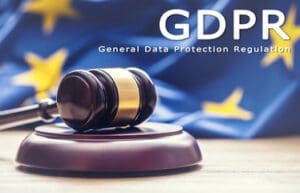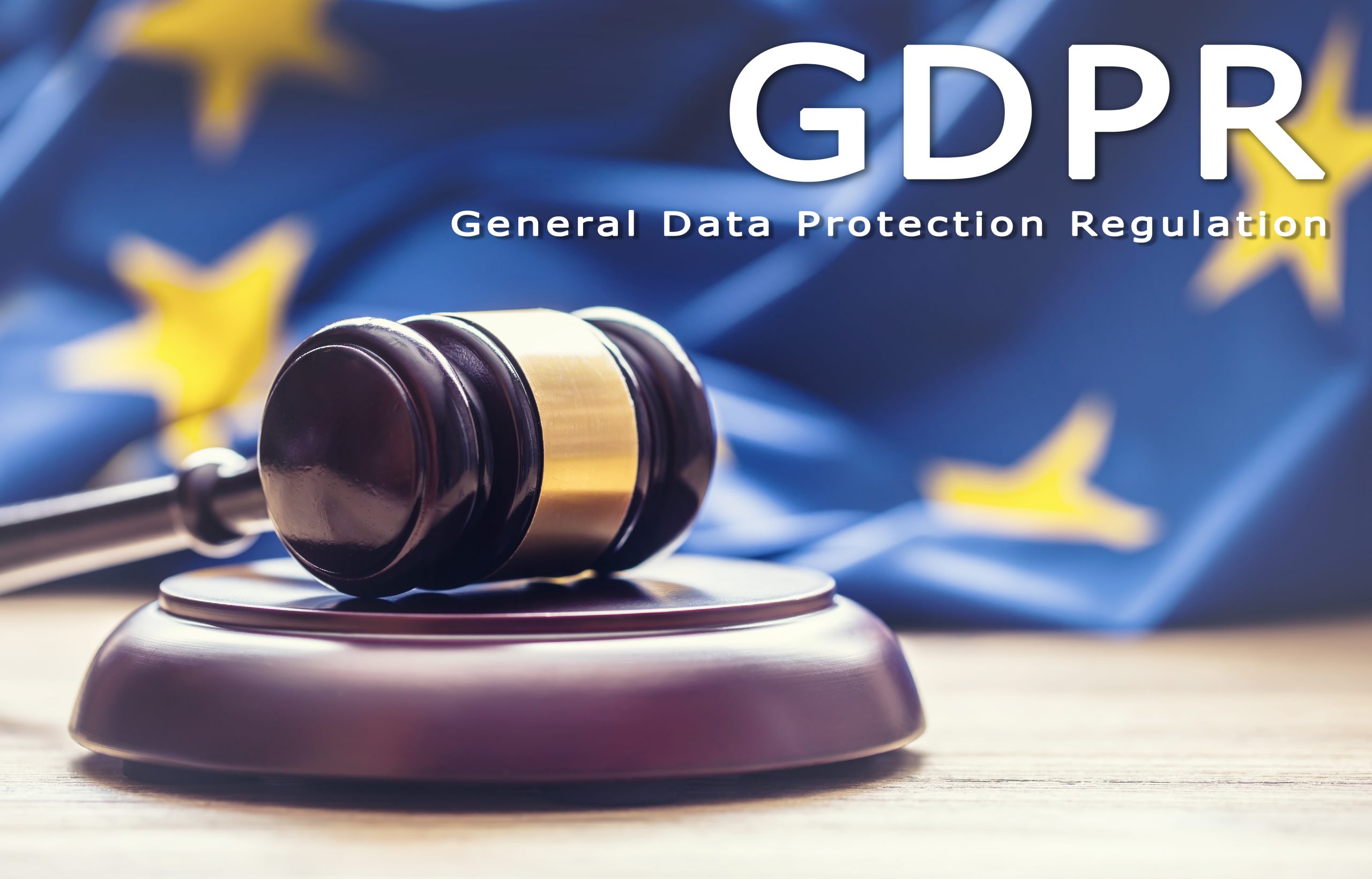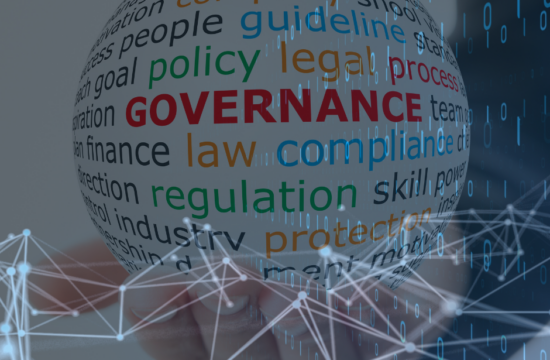Over the decade, data breaches rollover with countless unread privacy regulation emails to remove and the latest checkbox to navigate on homepages. But marketing warriors hold back their budgets until the data compliance laws settle. Today, as privacy pop becomes an accepted norm online, data privacy and security from breaches become a common concern for users.
The General Data Protection Regulation (GDPR) challenging the increasingly intrusive practices transforms digital marketing’s future with significant changes. As the European Union strengthens their regulatory framework, it is essential to understand what impact the compliance incurs over your business.
Therefore, if your business has profitable prospects in the EU, this article is what you need to understand how GDPR compliance impacts the strategic plans of your business.
What is General Data Protection Regulation (GDPR)?
The General Data Protection Regulation (GDPR) is a package of data privacy laws enacted by the European Union outlining how and why personal data should be collected on individuals living in the 28 EU member states.
Within the GDPR compliance deadline of May 2018, companies within the EU and worldwide scramble the data privacy law and regulations and information collection practices. This is because EU GDPR has a wide-reaching geographical scope and wide conditions of what is considered personal data. The European Union marks personal data as: “any data associated with an identified living entity”. For instance, cookie IDs, mobile phone identifiers and more.

So while the GDPR protects EU citizens, the borderless nature of the framework of the law protects every business that has a web presence or digital properties. This requires an audit on how data is collected and processed, both online and offline.
Regulation on personal information processing is vital to reforms in the GDPR subject matter. It sets out rules and methodologies that ensure the processing of personal data matches the parameters of the Commission’s data protection policies.
The regulation aims to protect individuals from unfair and unwarranted discrimination, accessing services, performing online payments and other related digital activities. It covers the unwarranted, unfair dismissal and other worker’s compensation claims.
The security requirements defend clients and businesses from data protection risks and ensure that their companies fulfil the principles laid down in the GDPR.
How can the GDPR impact your business?
The prime impact the GDPR has over US-based businesses is the issue of consent, which is at the heart of these broad-reaching regulations. Corporate giants like Facebook have already developed explicit frameworks to their user interface to catalyze greater data protection. Other businesses have done the same by communicating with their clients through a flurry of privacy-related emails and opt-in pop web pages.
GDPR requirements enable users to opt-in to store their personal information that sustains the collection of information like IP, email addresses and online transactions. These changes are now being implemented on a wide variety of US-based websites, which includes customers to greater control and increased transparency around a visit to a website, and downloaders use an online service.
Another issue that GDPR addresses are underage consent. It dictates parental consent when dealing with data from children under the age of 16, meaning companies add age guidelines in their privacy policies.
One of the most important factors of the GDPR is how penalties are levied against lines of work that are non-compliant. Failure will result in high fines of 4% of the yearly revenue of the organization. For example, Alphabet, Google’s parent company, could be fined up to $4.88 billion under GDPR laws.
What is GDPR compliance?
GDPR compliance consists of ensuring the legal process of personal information storage, processing and maintenance.
All individuals under the GDPR scope, digitized or not, will adhere to this specific regulation. Furthermore, it allows organizations to develop a strategic course of action and create protocols to protect their data, employees and clients with EU data regulation and directives.
Several regulations are addressed in the GDPR. Here’s what you need to know about organizations and their processors and controllers to protect their users.
Controllers
Under article 4, section 7 of the General Data Protection Regulation, controller means legal person, public entity or agency will jointly with others determine the purposes and means of the processing data where the purposes and means of such processing are determined by Union or entity of the state law.
Processors
Under article 4, section 8 of the general data protection regulation, processor means a natural or legal entity, the public authority that processes personal data on behalf of the controller.
How is the GDPR applied in the cookie consent?
Storing and processing cookie consent extensively informs the user of the user cookies you run over your sites. Furthermore, the consent includes the user’s consent to allow or refuse consent and how they exercise that right.
Cookie consent should be extensive, clear and offered through a clear opt of inactivity. The GDPR cookies should:
- Offers a non-corrupt cookie banner at the bottom of the user’s visit.
- Provide a link in the banner for comprehensive cookie policies.
- Block all non-exempt cookies and scripts from being extended until the company receives the user’s consent.
- Maintain a record of consent via crystal clear opt-in action.
With regards to refusal of consent, users are allowed to refuse their consent. Moreover, in regards to refusing consent, companies must provide:
- Information on how users can provide consent and the process with the same
- A means by which the user accepts or declines cookies.
In some cases, users might not entertain the consent process; however, in some cases, you should examine whether browsers allow you to withdraw consent.
In Conclusion
GDPR is the initial milestone over constructing user confidence for visible delivery with data collection and usage. However, it is certainly not the last. By internalizing cookie consent now, companies can enclose themselves from future upheavals and keep disruption to the least.
GDPR consent is not a silver lining when processing personal information. Therefore, we suggest you consider consent as the last option before processing the personal data.





